All broadcasters are adapting to revolutionary changes to their business; from the content they provide, to the way Canadians use their services. But how do you transform your organization when you are an iconic public institution, one as revered and sometimes maligned as Canada’s public broadcaster? Join Hubert T. Lacroix, President and CEO of CBC/Radio-Canada as he talks about the challenges and opportunities of change at Canada’s largest cultural institution, and what the Government’s reinvestment in public broadcasting will mean for Canadians.
Master Mind Master Class is a new alumni UBC event series, offering an unprecedented look into the minds of modern thinkers making a unique impact on the world, and the lessons they’ve learned.
This event took place May 24, 2016, in Vancouver, BC.
Moderator
Valerie Casselton, BA’77 – Managing Editor, The Vancouver Sun and The Province
Biographies
 Hubert T. Lacroix
Hubert T. Lacroix
Hubert T. Lacroix was appointed President and CEO of CBC/Radio-Canada on November 5, 2007, for a five-year term and reappointed until December 31, 2017.
As President and CEO, Mr. Lacroix is responsible for overseeing the management of CBC/Radio-Canada in order to ensure that Canada’s national public broadcaster can deliver on the various aspects of its mandate and continue to offer Canadians a broad spectrum of high quality programming that informs, enlightens and entertains, and that is created by, for and about Canadians.
Before joining CBC/Radio-Canada, Mr. Lacroix was a special counsel in the law firm Stikeman Elliott. Before that, he acted as Executive Chairman of Telemedia Corporation, and was a senior partner at McCarthy Tétrault for nearly 20 years. He also sat on the boards of directors for several major corporations and non-profit organizations.

Valerie Casselton, BA’77
 Valerie Casselton is the Managing Editor of The Vancouver Sun and The Province, publishing with a combined newsroom of more than 140 journalists and staff. She is responsible for news gathering, projects and strategic initiatives that promote audience engagement over all publication platforms.
Valerie Casselton is the Managing Editor of The Vancouver Sun and The Province, publishing with a combined newsroom of more than 140 journalists and staff. She is responsible for news gathering, projects and strategic initiatives that promote audience engagement over all publication platforms.
As a senior editor, she works with the management team to achieve the news gathering, readership and financial goals of the paper as it presses its competitive position as a national leader in multi-platform publication.
As two of the largest publications in Postmedia’s national network, and operating the largest newsroom in Western Canada, The Vancouver Sun and Province together reach more than 1.4 million readers every week on all platforms — mobile, tablet, desktop and in-paper.
Valerie has been a newspaper manager for 20 years and has worked at four major Canadian dailies and three television networks in both eastern and western Canada. Earlier in her career she was a reporter, editorial writer and columnist.
Valerie has served on the alumni UBC board of directors since 2013, chairs the Alumni Achievement Awards committee, serves on the TREK advisory committee and has been a UBC mentor for 15 years.
She has served as a member or chair of the boards of the Langara College Journalism School, the Centre for Investigative Journalism (now CAJ), The American Association of Sunday and Features Editors, The Pacific Paper Industry Credit Union (now VanCity), the Vancouver Biennale, and a range of community associations.
A UBC graduate with a BA(Hons) in English, Valerie also holds a degree in Journalism form Carleton University, and a CHRP designation.
Select Books and Articles Available at UBC Library
Canadian Public Policy Collection, & Standing Committee on Canadian Heritage. (2008). CBC/Radio-canada: Defining distinctiveness in the changing media landscape Canada. Parliament. House of Commons.
Champagne, A., Tardif, C., Canada. Parliament.Senate.Standing Committee on Official Languages, & Canadian Government EBook Collection. (2014). CBC/Radio-canada’s language obligations: Communities want to see themselves and be heard coast to coast! : Report of the standing senate committee on official languages. Ottawa, Ontario: Standing Senate Committee on Official Languages.
Ménard, M., & desLibris – Documents. (2013). CBC/Radio-canada: Overview and key issues Parliamentary Information and Research Service. [Link]
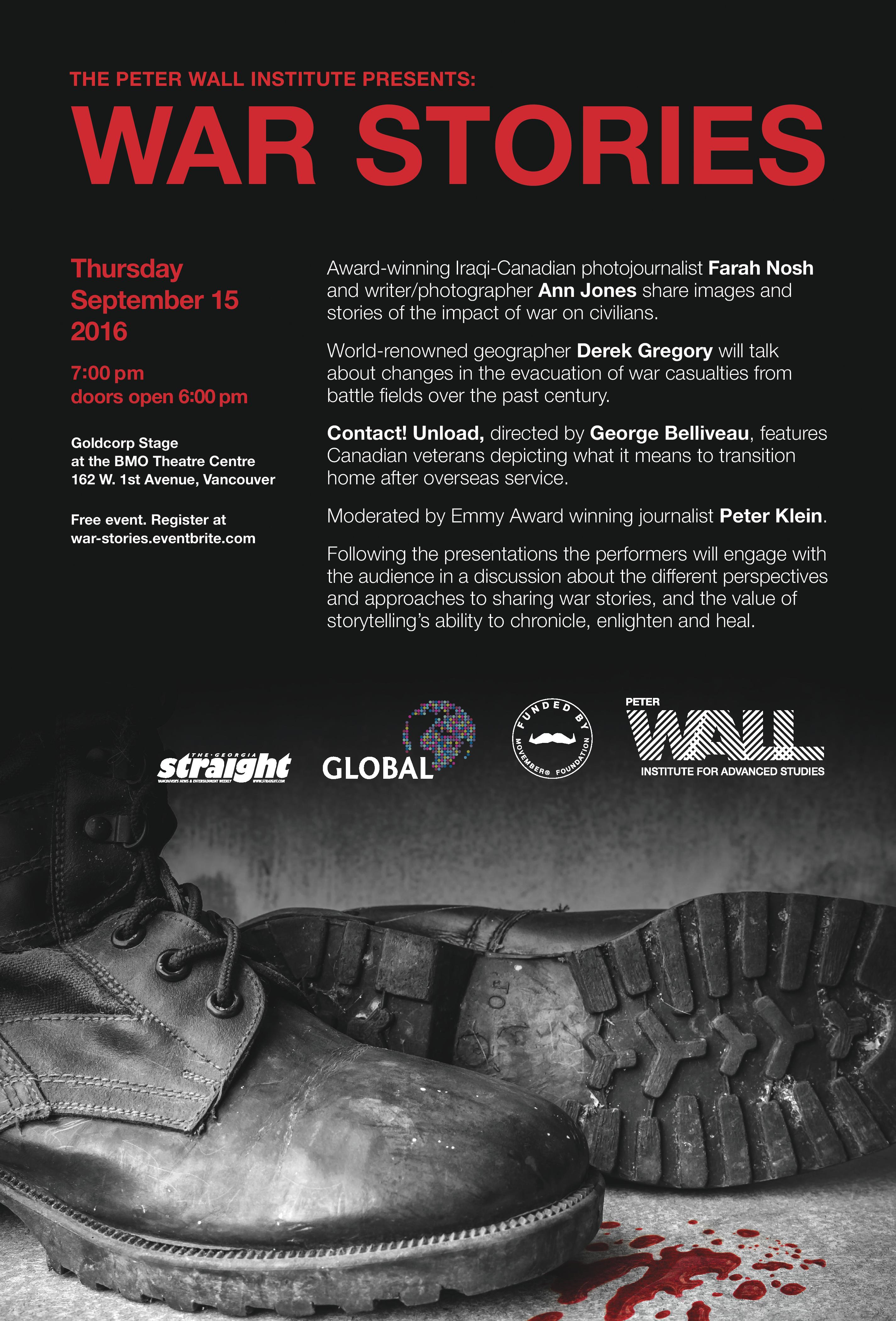
 From September 1-30, the Mexiquense Popular Art exhibit will be on display at the Irving K. Barber Learning Centre on level 2.
From September 1-30, the Mexiquense Popular Art exhibit will be on display at the Irving K. Barber Learning Centre on level 2.
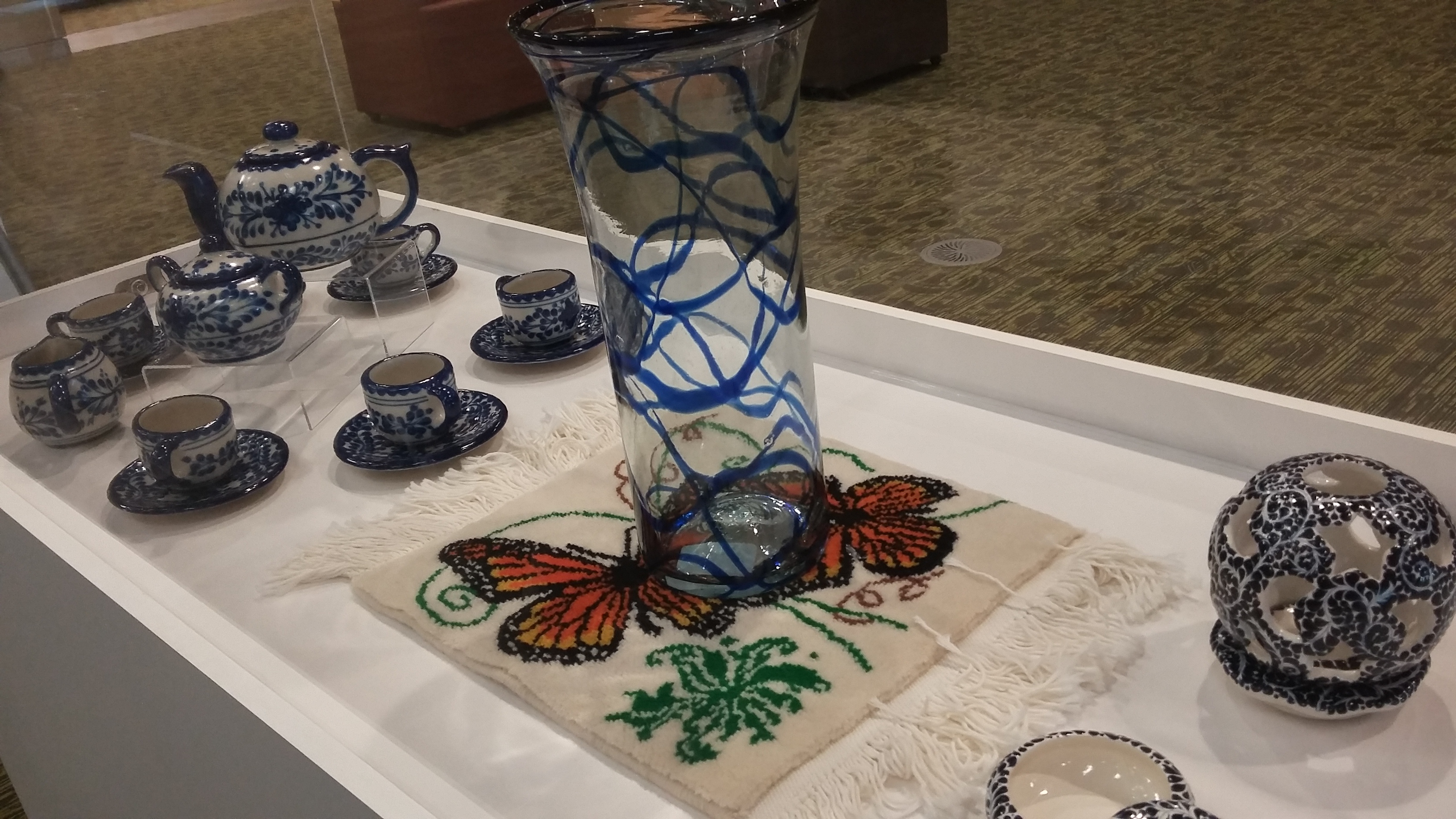
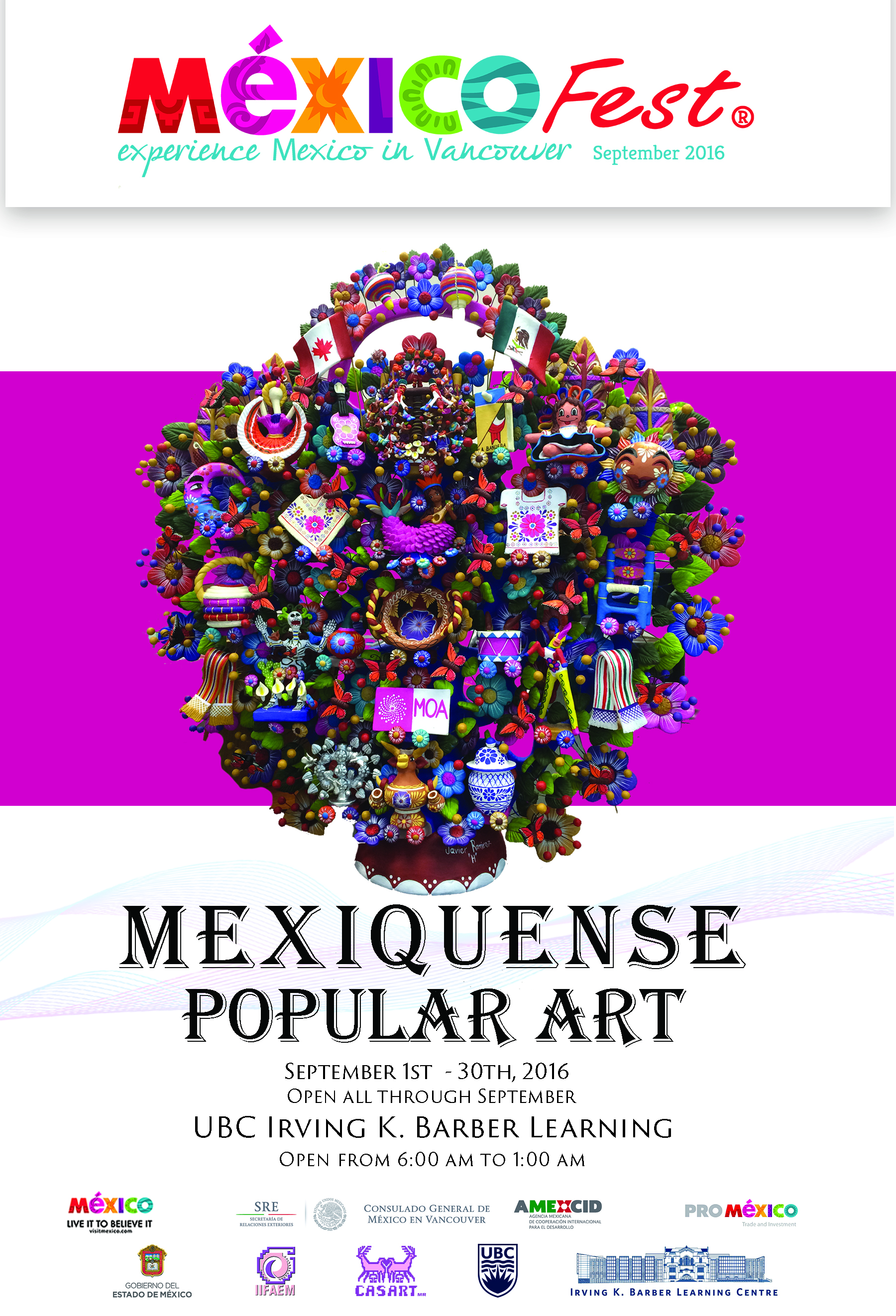
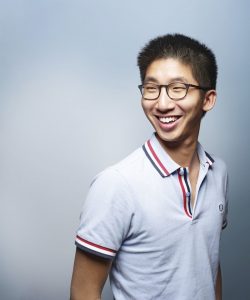 Kiip (pronounced “keep”) redefines how brands connect with consumers through a rewards platform that targets “achievement moments” in mobile games and apps. This innovative approach to mobile marketing creates meaningful engagements between users, developers and advertisers. Backed by Hummer Winblad, Relay Ventures, True Ventures, Digital Garage and others, the company has raised over $32 million in funding to date.
Kiip (pronounced “keep”) redefines how brands connect with consumers through a rewards platform that targets “achievement moments” in mobile games and apps. This innovative approach to mobile marketing creates meaningful engagements between users, developers and advertisers. Backed by Hummer Winblad, Relay Ventures, True Ventures, Digital Garage and others, the company has raised over $32 million in funding to date.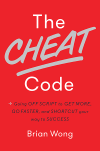 Before starting Kiip, Brian led key publisher and tech partnerships at the social news website Digg.com, where he accelerated the company’s mobile presence by launching the Digg Android mobile app.
Before starting Kiip, Brian led key publisher and tech partnerships at the social news website Digg.com, where he accelerated the company’s mobile presence by launching the Digg Android mobile app.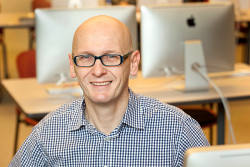 Paul is a full-time faculty member of the Marketing and Behavioural Science Division at the Sauder School of Business at UBC. He leads the Entrepreneurship Group, in the undergraduate and graduate programs, teaching actively in both of these.
Paul is a full-time faculty member of the Marketing and Behavioural Science Division at the Sauder School of Business at UBC. He leads the Entrepreneurship Group, in the undergraduate and graduate programs, teaching actively in both of these. Hubert T. Lacroix
Hubert T. Lacroix Valerie Casselton is the Managing Editor of The Vancouver Sun and The Province, publishing with a combined newsroom of more than 140 journalists and staff. She is responsible for news gathering, projects and strategic initiatives that promote audience engagement over all publication platforms.
Valerie Casselton is the Managing Editor of The Vancouver Sun and The Province, publishing with a combined newsroom of more than 140 journalists and staff. She is responsible for news gathering, projects and strategic initiatives that promote audience engagement over all publication platforms. June is Aboriginal (Un)History Month!
June is Aboriginal (Un)History Month!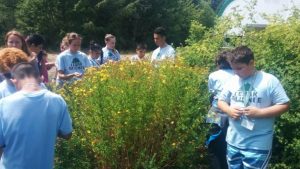 For 10 years the Cedar Science Camp has provided an opportunity for Aboriginal youth between the ages of 8-12 to explore the UBC Vancouver campus through fun and interactive programming. This camp is made possible by the generous support of various partners on campus including the Faculties of Science and Land
For 10 years the Cedar Science Camp has provided an opportunity for Aboriginal youth between the ages of 8-12 to explore the UBC Vancouver campus through fun and interactive programming. This camp is made possible by the generous support of various partners on campus including the Faculties of Science and Land